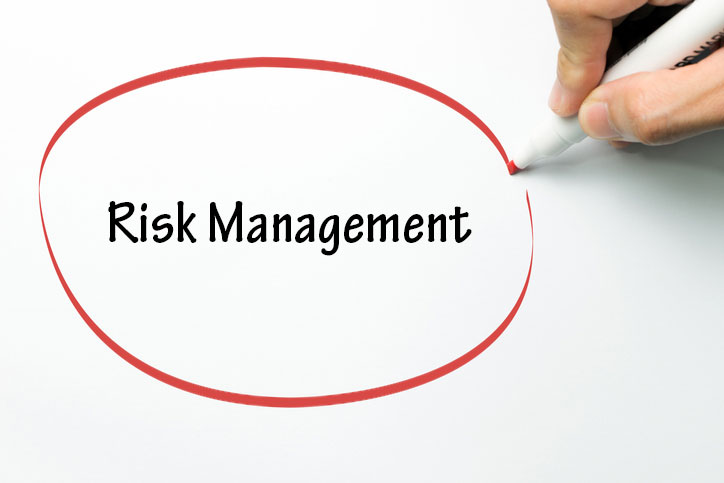Description
Introduction: Welcome to the Foundations of Risk Management, an insightful exploration into the dynamic interplay between risk, decision-making, and human behavior. In this course, we delve deep into the fundamental principles and strategies that underpin effective risk management, combining the realms of psychology and risk analysis to provide a comprehensive understanding of how individuals and organizations perceive, assess, and mitigate risks.
Course Description:
Module 1: Understanding Risk Perception Unravel the intricate mechanisms behind human perception of risk. Explore cognitive biases, heuristics, and cultural influences shaping risk perceptions. Learn how psychological factors impact risk assessment and decision-making, and how these perceptions differ across individuals and societies.
Module 2: Risk Analysis and Assessment Dive into the methodologies and frameworks used to analyze and assess risks. Understand quantitative and qualitative approaches to risk assessment, probability estimation, and the role of data-driven decision-making in managing uncertainties effectively.
Module 3: Behavioral Economics and Risk Examine the intersection of economics and psychology in the context of risk management. Explore prospect theory, loss aversion, and the behavioral factors influencing risk-taking behavior, helping to comprehend the deviations from rational decision-making.
Module 4: Decision-Making under Uncertainty Develop strategies for decision-making in uncertain environments. Explore scenario planning, decision trees, and other tools to make informed choices amidst ambiguity, acknowledging the psychological aspects that influence risk-related decisions.
Module 5: Risk Communication and Management Delve into effective risk communication strategies. Learn to convey complex risk information transparently, considering psychological biases, to facilitate better understanding and decision-making at both individual and organizational levels.
Module 6: Risk Mitigation Strategies Explore diverse risk mitigation strategies and their psychological implications. Study risk transfer, avoidance, acceptance, and reduction techniques, understanding the psychological barriers and motivations associated with each approach.
Module 7: Organizational Risk Culture Analyze how organizational culture shapes risk perceptions and responses. Explore the role of leadership, organizational structures, and communication in fostering a resilient risk culture within an organization.
Module 8: Ethics in Risk Management Examine ethical considerations in risk management practices. Understand the ethical implications of decision-making, risk assessment, and communication, ensuring alignment with ethical standards and principles.
Valuable Points of the Course:
- Interdisciplinary Approach: This course amalgamates principles from psychology, economics, and management, offering a holistic perspective on risk management.
- Practical Applications: Gain actionable insights applicable to real-world scenarios, enabling effective risk mitigation and decision-making strategies.
- Understanding Human Behavior: Explore the intricacies of human behavior in relation to risk, facilitating more nuanced and empathetic risk management approaches.
- Ethical Awareness: Emphasize the importance of ethical considerations, ensuring responsible and morally sound risk management practices.
- Communication Proficiency: Develop skills in communicating risks effectively, considering diverse audiences and psychological nuances.
Embark on a journey through the Foundations of Risk Management, where psychological insights intersect with risk analysis, fostering a comprehensive understanding essential for navigating uncertainties in personal and professional domains.





